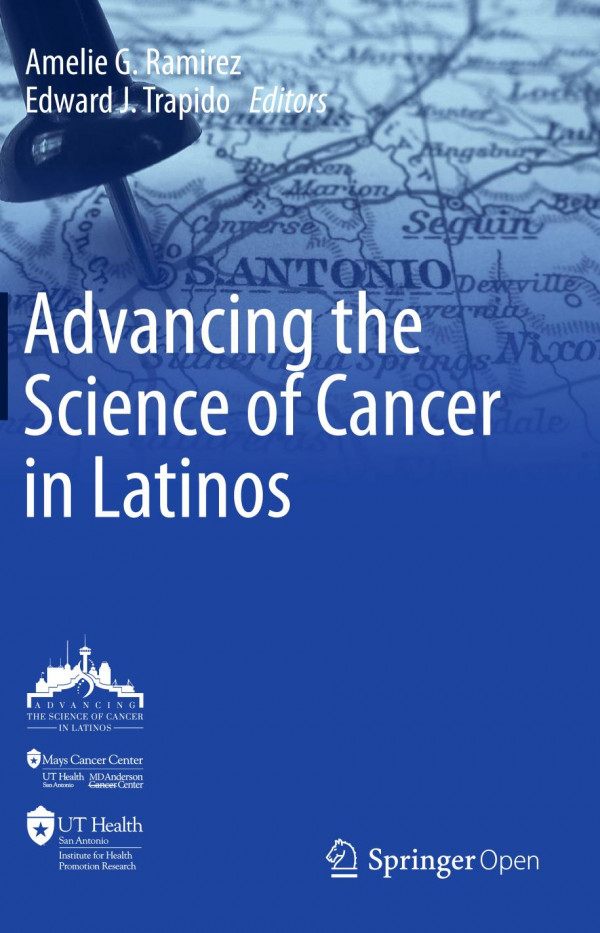

Most ebook files are in PDF format, so you can easily read them using various software such as Foxit Reader or directly on the Google Chrome browser.
Some ebook files are released by publishers in other formats such as .awz, .mobi, .epub, .fb2, etc. You may need to install specific software to read these formats on mobile/PC, such as Calibre.
Please read the tutorial at this link: https://ebookbell.com/faq
We offer FREE conversion to the popular formats you request; however, this may take some time. Therefore, right after payment, please email us, and we will try to provide the service as quickly as possible.
For some exceptional file formats or broken links (if any), please refrain from opening any disputes. Instead, email us first, and we will try to assist within a maximum of 6 hours.
EbookBell Team

0.0
0 reviewsThis open access book gives an overview of the sessions, panel discussions, and outcomes of the Advancing the Science of Cancer in Latinos conference, held in February 2018 in San Antonio, Texas, USA, and hosted by the Mays Cancer Center and the Institute for Health Promotion Research at UT Health San Antonio.
Latinos – the largest, youngest, and fastest-growing minority group in the United States – are expected to face a 142% rise in cancer cases in coming years. Although there has been substantial advancement in cancer prevention, screening, diagnosis, and treatment over the past few decades, addressing Latino cancer health disparities has not nearly kept pace with progress.
The diverse and dynamic group of speakers and panelists brought together at the Advancing the Science of Cancer in Latinos conference provided in-depth insights as well as progress and actionable goals for Latino-focused basic science research, clinical best practices, community interventions, and what can be done by way of prevention, screening, diagnosis, and treatment of cancer in Latinos. These insights have been translated into the chapters included in this compendium; the chapters summarize the presentations and include current knowledge in the specific topic areas, identified gaps, and top priority areas for future cancer research in Latinos.
Topics included among the chapters:
Advancing the Science of Cancer in Latinos proves to be an indispensable resource offering key insights into actionable targets for basic science research, suggestions for clinical best practices and community interventions, and novel strategies and advocacy opportunities to reduce health disparities in Latino communities. It will find an engaged audience among researchers, academics, physicians and other healthcare professionals, patient advocates, students, and others with an interest in the broad field of Latino cancer.